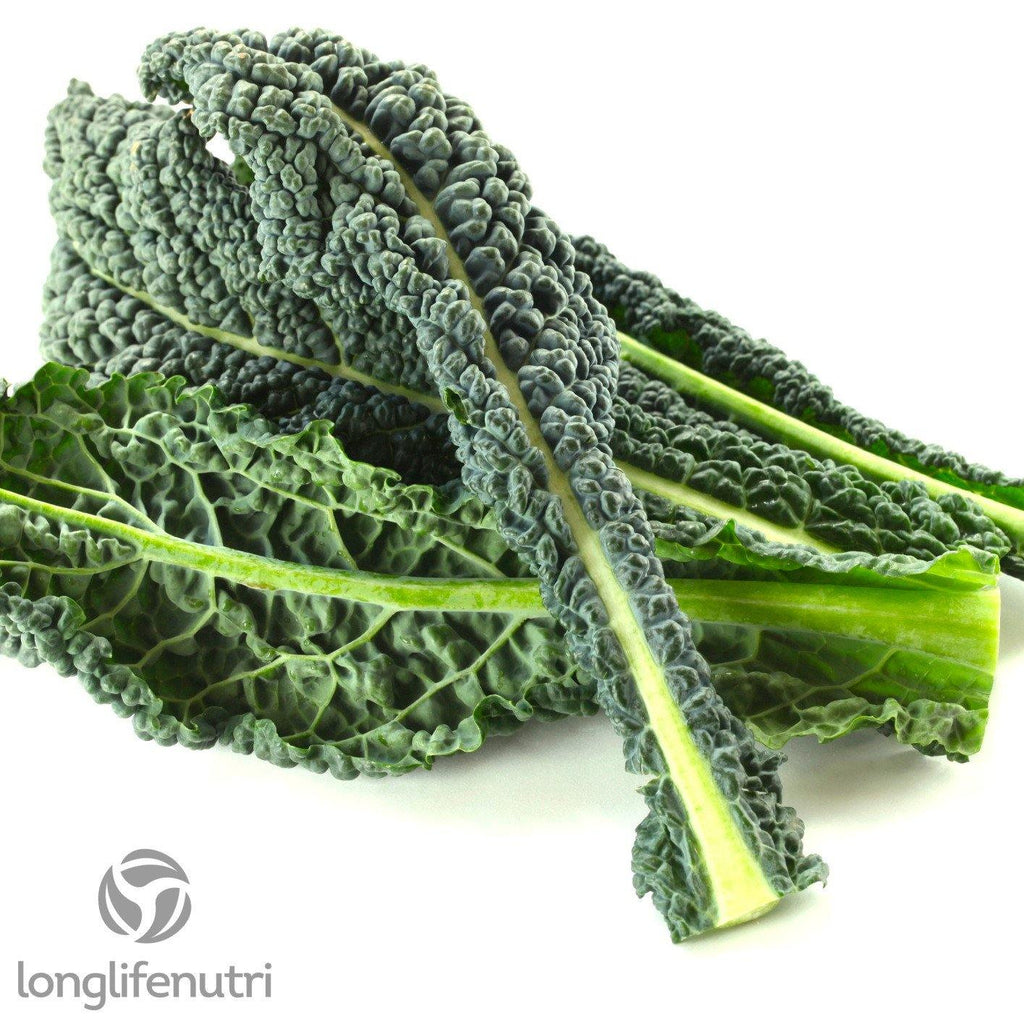News — kale
The Role of Bitter Foods in Digestive Enzyme Production
appetite regulation arugula bile secretion bitter foods bitter taste receptors bitters and digestion culinary uses of bitters dandelion greens detoxification digestive bitters digestive enzyme production gentian root gut health herbal bitters kale microbiome support natural digestion support nutrient absorption pancreatic enzymes stomach acid stimulation
From leafy greens like arugula and dandelion to herbal favorites such as gentian root, bitter foods have long held a place in traditional diets and healing practices. Yet in today’s world of sweet and salty flavors, bitterness is often overlooked—even avoided. What many don’t realize is that bitter compounds do far more than challenge the palate: they play a critical role in stimulating digestive function.
One of the most fascinating aspects of bitter foods is their influence on digestive enzyme production. By activating bitter taste receptors not just on the tongue but also throughout the gastrointestinal tract, these foods can signal the body to release saliva, gastric juices, bile, and pancreatic enzymes—all essential for breaking down food efficiently. This article explores how bitter foods enhance digestive enzyme production, why that matters for gut health, and how to reintroduce them into a modern diet that has largely sidelined this powerful flavor profile.
Top 10 Vitamin K Rich Foods
bone broccoli cabbage cucumbers dairy fightcancer hearthealth infections kale natto oralhealth prunes scallions soy sprouts vitamin vitamink vitamink1 vitamink2 vitamink3
Vitamin K is a fat-soluble vitamin that plays a role in blood clotting. Vitamin K activates the protein that clots the blood. It is also needed for the synthesis of bone proteins. A vitamin K deficiency can lead to heart disease, weakened bones, tooth decay and cancer. Much of the vitamin K in our diets comes from the intestinal bacteria we already have, because of this, your vitamin K levels can depend greatly on the health of your gut. There are two types of vitamin K we have in our diet, vitamin K1 and vitamin K2. Vitamin K1 is found...


